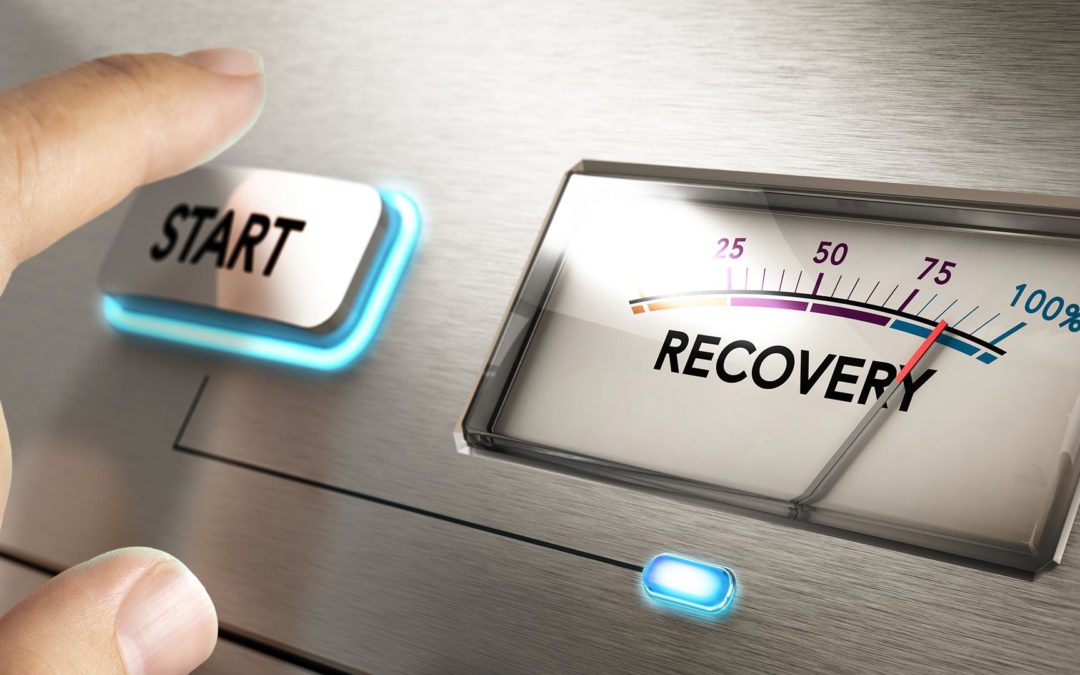In the wake of COVID-19 – an unprecedented situation – businesses have begun to realize the importance of planning for the unpredicted. A disaster recovery plan (DRP) is the best place to start because it ensures you’ll have access to everything you need to continue to conduct business in the event that something happens. But where do you begin, and what do you need to do to get started? We’ve pulled together four necessary steps to disaster recovery. Read on to learn more.
Protecting your business starts with a plan. We’ll help you develop yours – contact us today.
Plan for Any Scenario
Disasters come in many forms – human error, fires, floods, hacking attacks and more. Each one is very different. The impact of a deleted file versus a cybercriminal holding your data for ransom are two totally different outcomes – but you have to be prepared for both. Your disaster recovery plan should cover every possible scenario that could impact your business along with the best way to react and respond to those disasters.
Get the Right People in the Right Place
Who will your employees look to when a disaster happens? Who will jump into action to implement your DRP? Who will communicate with your customers and investors of the situation? These are the people who will ensure your DRP goes off without a hitch and ensure execution of every aspect of the plan. Once you know who these people are, make sure to include them in creating the DRP. This way, they’ll fully understand their role and what’s expected of them during what can be a very hectic time.
Test and Update Your Plan Regularly
Testing your disaster recovery plan doesn’t only give you confidence that it’ll work, but it will also help you find any weaknesses or gaps that could potentially pop up. With this information, you’ll be able to equip your business – and your people – better if a disaster impacts your business. Plus, understanding all possibilities and knowing you have your bases covered for any scenario will give you the ultimate peace of mind.
Keep Your Plan Safe and Available
Your disaster recovery plan isn’t just something your business talks about – it should be formally documented. We highly recommend having a physical copy in case something ever happens to your servers, and you’re unable to access the document. Also, the last thing you would want is having your people search around the business premises for your plan, so make sure you keep a copy in a safe but accessible location.
A thorough disaster recovery plan covers all aspects of your business, if you’re feeling overwhelmed, please know that we’re here to help. We can help you with everything from conception to deployment and monitoring to stepping into action when an unexpected event occurs. Contact us – we’re here for you.
